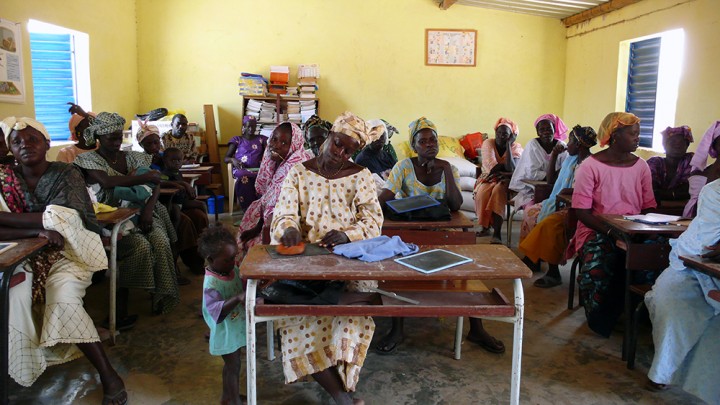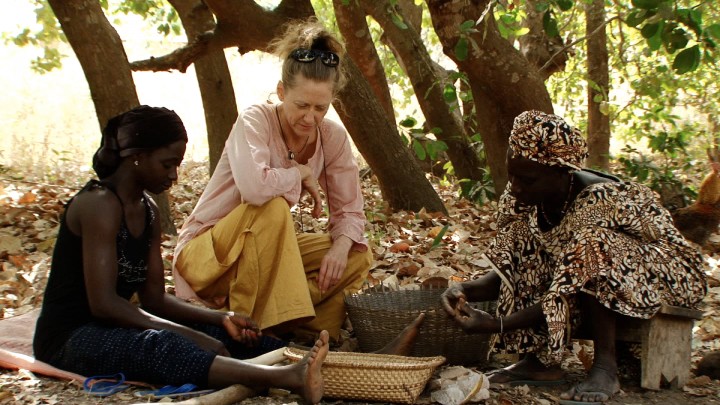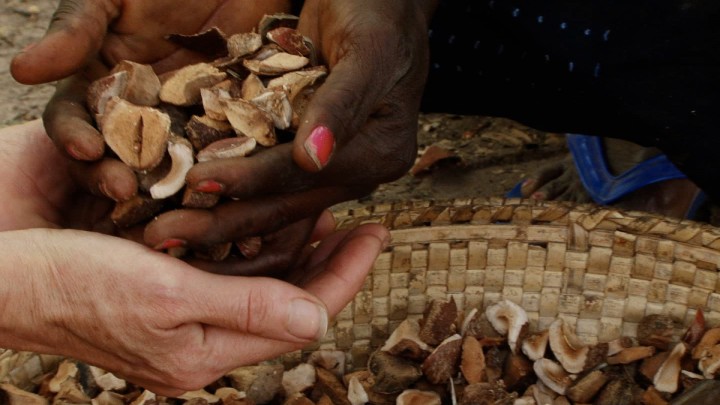Oil Presses
Empowering Micro Entrepreneurs
This project was born from the frustrations of local villagers and producer groups over the barriers to developing sustainable livelihoods and the disenchantment of previous failures
“I have lived, off and on, in the remote village of Cachouane with my two young daughters for over 7 years. This has allowed me to learn firsthand about the challenges villagers throughout the region are facing.”
Women as micro-entrepreneurs fill a vital role in creating positive change
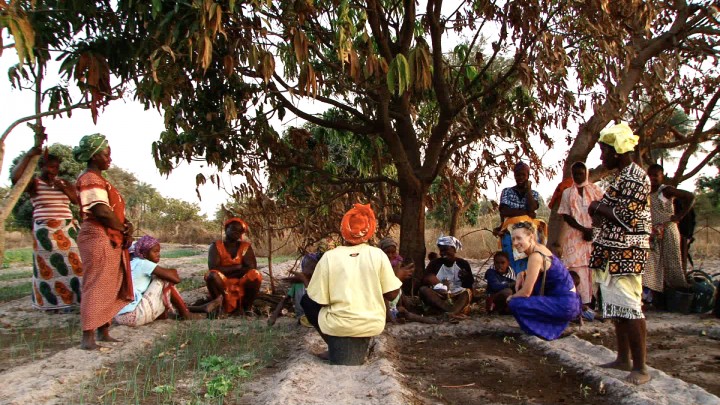
Women, in their traditional role at the centre of the family, provide food, clothing, school fees and, in some instances, build the house itself. By empowering these women, we give the next generation a chance of self-sufficiency through access to healthy food, education and opportunity.
The commercialisation of Touloucouna could change these people’s lives
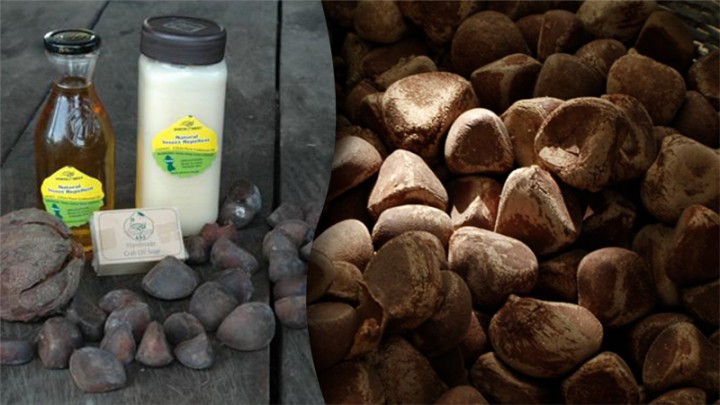
Because Touloucouna oil is rich in essential fatty acids, including oleic, palmitic, stearic and linoleic acids, the cosmetics industry is beginning to use it for prevention of wrinkles and cellulite.
Visiting villages and meeting with different producer groups, Madadh gained an understanding of what was preventing them from making a living from this highly sought-after oil
The traditional method of producing oil is time consuming and labour intensive; the worst part being crushing the nuts and foraging for firewood for the long cooking process. As well, the biggest potential market is the cosmetics industry, where quality standards are rigorous and oil must be cold pressed. So the oil, as they currently produce it, does not have a great potential on the international market.
There are no problems, only solutions
Madadh continued to meet with producers and young women wanting to become producers. EVERY young woman she met wanted to become a producer! The testing of presses and grinders led to the design of a press that specifically meets the needs of rural micro-entrepreneurs.
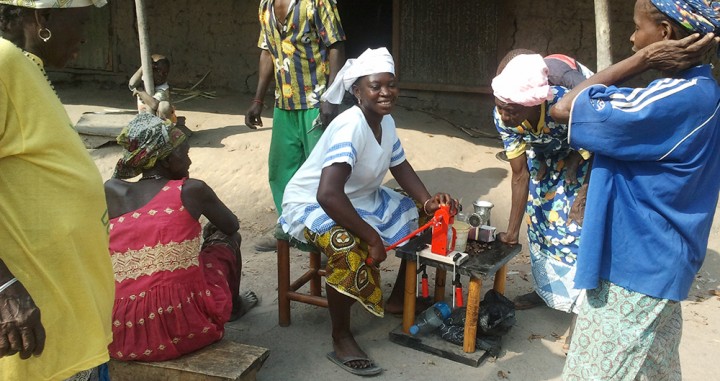
We need to get the manual presses into the villages for a lot of reasons
“Transport is a huge issue. That’s why we’re building a boat. To get to the villages we’re working in, you first take a canoe and then either walk or cycle; it’s all tracks. A litre of oil is much easier to transport than the 30 kilos of nuts it would take to produce that litre of oil. I know. I tried. The results were disastrous. We’ve been testing presses that are currently on the market. Nothing fits. So we’re working with a press designer in France to design exactly the press we need. Meanwhile, were using what we’ve got to produce enough oil to at least get something on the market. We can’t wait. We’ve got to to start the wheels turning!” MM
This press will allow women to produce quality oil in the home
A manual cold press will allow women to manufacture a high-quality product in their own homes; becoming entrepreneurs while maintaining their traditional role at the heart of the family.
“Much of the work and money invested in local development is often ineffectual, because programmes were being simply ‘parachuted in’. There is very little local community participation and buy-in. Madadh is in a unique position of experiencing and understanding difficulties firsthand. Although she does not have a background in development, she has become embedded in the community. The natural progression in working with local people is that she has developed a great reservoir of trust in the villages; creating a project with them that will allow them to live with common decency. This has become her life’s passion.” Gavin Allwright, International sustainable development consultant.
